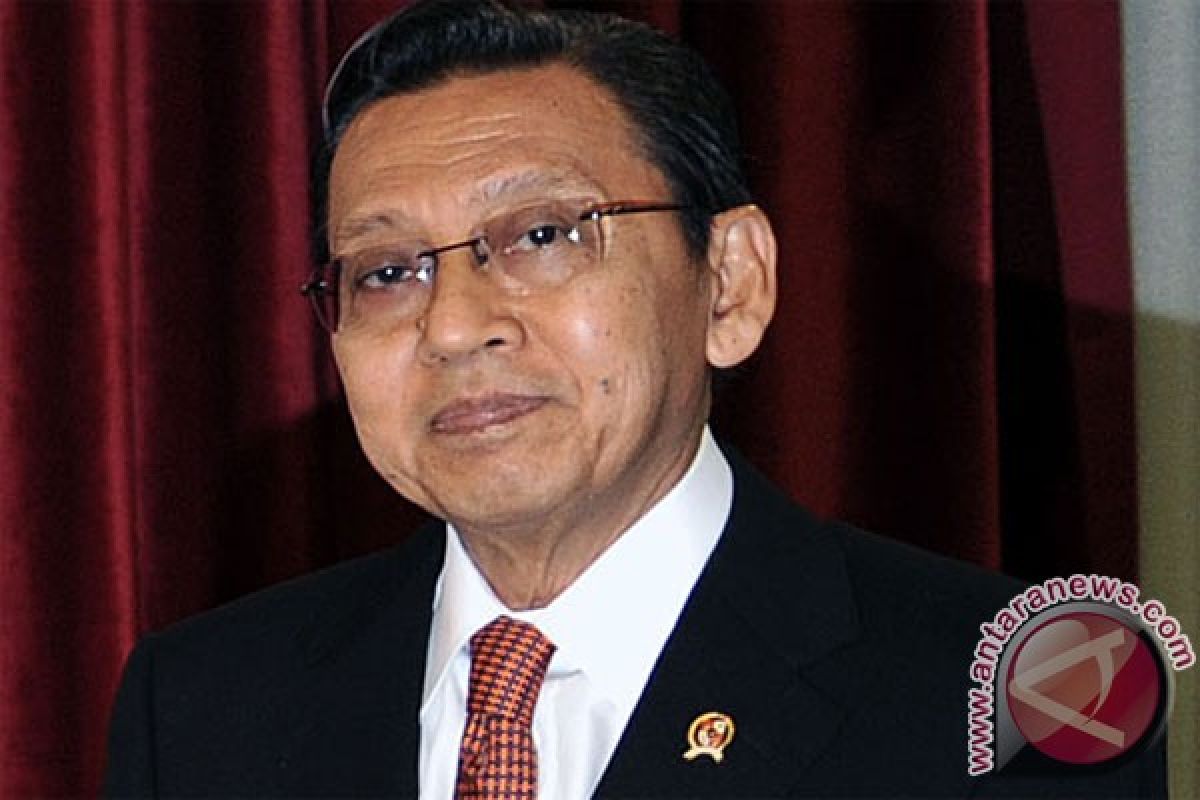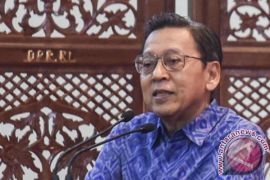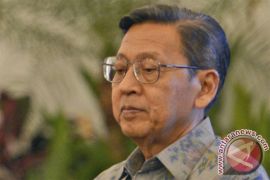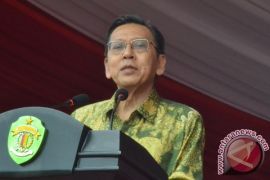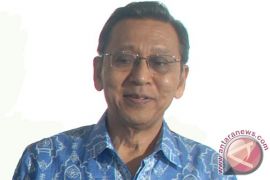"We must be prepared towards the tightening of liquidity across the world. We must be prepared with all instruments we have. We have to plan the use of our foreign exchange reserves wisely and effectively," he said in his speech at a meeting with the Jakarta Foreign Correspondents Club here on Wednesday.
He said although current domestic economic conditions were still good but the world economic conditions were growing more and more uncertain with the crisis to possibly become even worse than in 2008.
The crisis that has hit the US and Europe remained creating fear over possible global crisis. Meanwhile the countries involved in the crisis have not yet been able to reach an agreement on how to tackle it. The deadlock has made the world economic conditions to only worsen, he said.
The failure of the US Congress` Super Committee to agree to cut deficit by US$1.3 trillion has made the direction of the US policy uncertain to increase global economic uncertainty.
"We are all now put under tense conditions awaiting the results of the European summit. We all do not know regarding the direction of the US fiscal policy after the Super Committee failed to make a deal. Yes, we become more and more uncertain now than a month before or even a week ago," Boediono said.
In view of that preparations have to be taken to anticipate the worst conditions, he said.
Boediono said the 2008-2009 experience was an important lesson for Indonesia to deal with the current crisis. "The 2008-2009 leads us to what we can and cannot do," he said.
He said among the preparations needed were a package of fiscal stimulus policies that could be implemented immediately in case a global crisis occurred and improving the crisis management protocol.
Others include identifying domestic industries that are affected by global recession and preparing actions to overcome the impact of the crisis with the main focus put on its impact on manpower.
Boediono said apart from them what was also important was eradicating obstacles in the development program and other structural adjustments.
He said various anticipatory policies were needed to be prepared so that when the crisis did occur the instruments to prevent it were ready to use immediately.
"We must be very alert if the global situation keeps worsening. Our room to maneuver may suddenly be gone. So we think the best thing to do is being in the game from the start while preparing any eventuality," he said.
(Uu.H-YH/A014)
Editor: Priyambodo RH
Copyright © ANTARA 2011
